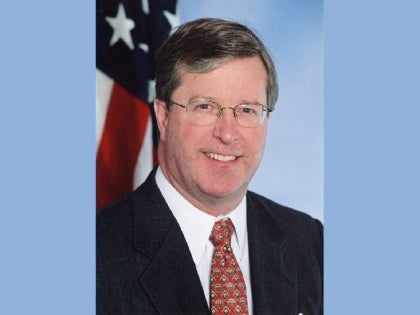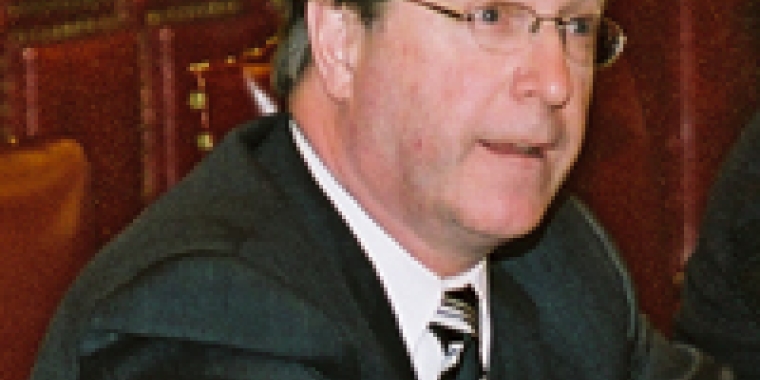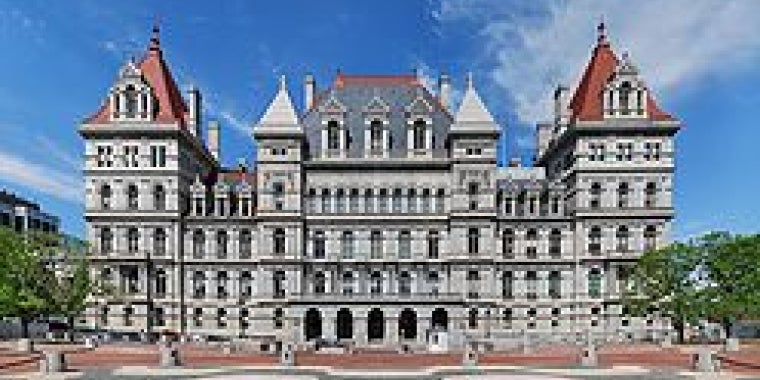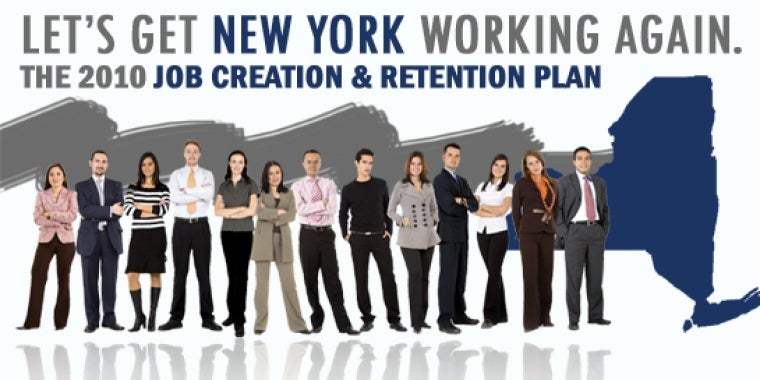
State Should Fully Remove Burden On Property Taxpayers For Financing Local Medicaid Costs

Albany, N.Y.— State Senator George H. Winner, Jr. (R-C, Elmira) issponsoring legislation in the Senate that would initiate a state takeover of local Medicaid costs, eliminate the property tax as a source of Medicaid funding and provide area counties with an immediate infusion of state aid to help offset the double-digit growth in Medicaid spending that has burdened many local governments across New York over the past five years.
"Our goal must be a Medicaid system where county governments never again have to raise property taxes in order to meet rising Medicaid costs. This needs to be part of the Medicaid reform debate this year. Upstate property taxpayers have been burdened beyond fairness and reason," Winner said today as he introduced two measures that will also be advanced by State Assembly Republicans, including local Assemblymen Jim Bacalles (R-C, Corning) and Tom O’Mara (R-C, Horseheads).
Bacalles said, "The property taxpayers that I represent throughout Steuben and Yates counties must have this relief. Medicaid reform is our focus this year, and so now is the time to consider the elimination of the local share."
O’Mara stated, "New York State must act immediately to provide property tax relief to counties and restructure Medicaid to make it more cost effective while still providing quality health care to those who need it."
Winner praised Governor George Pataki for making Medicaid reform the focus of his recent 2005-06 state budget proposal. He added that the Senate Republican Majority would also focus on comprehensive reform throughout this year’s state budget negotiations.
Winner stressed that he was offering his own proposals now as a way to broaden the upcoming Medicaid reform debate that will likely determine the centerpiece of the 2005-06 state budget.
"I believe we need to eliminate, once and for all, the local property tax as a source of Medicaid funding. We need to reinvent the system. The most effective way to do that, in my opinion, is to make it the state’s responsibility. If it’s our responsibility, we’ll have no choice but to act on the cost containment to make it possible," Winner said.
The federal government is responsible for half the cost of the state’s nearly $47-billion Medicaid program, which serves more than 3 million state citizens. The state covers 34 percent of the costs, with counties picking up the remaining 16 percent. New York State is among several states that require local governments to pay a share of Medicaid. This year’s local share is expected to total $7 billion. New York City Medicaid spending is the source of approximately two-thirds of this amount.
Winner is sponsoring two proposals in the Senate:
> One would initiate a five-year, phased-in state takeover of local Medicaid costs. Under this plan the state would assume 20% of local Medicaid costs annually over the five-year, phase-in period. Counties would contribute one-fifth of one percent of their local sales tax annually for five years. Once Winner’s plan becomes fully effective, in exchange for the state taking over the local share of Medicaid costs, counties would be required to provide up to one percent of their local sales tax to help cover local Medicaid growth. No county would be required to give up more sales tax revenue than the costs it incurs for annual growth in Medicaid spending; and
> A second measure would authorize an immediate, one-time infusion of up to $200 million in state "Medicaid relief" aid to counties. This aid is intended to help offset the more than 30% average growth in local Medicaid spending that has occurred in these counties since 1999. Winner estimates that the counties he represents would receive the following Medicaid relief aid under his plan: Chemung ($2.6 million); Schuyler ($442,000); Steuben ($2.6 million); Yates ($502,000); and Tompkins ($1.4 million).
Winner said that in order for the state to afford any proposed takeover, it will require accompanying cost containment and efficiency reforms. His Medicaid legislation does not propose specific reforms because, he said, most of the prime targets for these reforms have already been or will be identified in Medicaid plans being advanced by the governor and legislative leaders. These areas include some of the fastest-growing segments of Medicaid spending like prescription drugs, long-term care, Family Health Plus and administrative costs.



